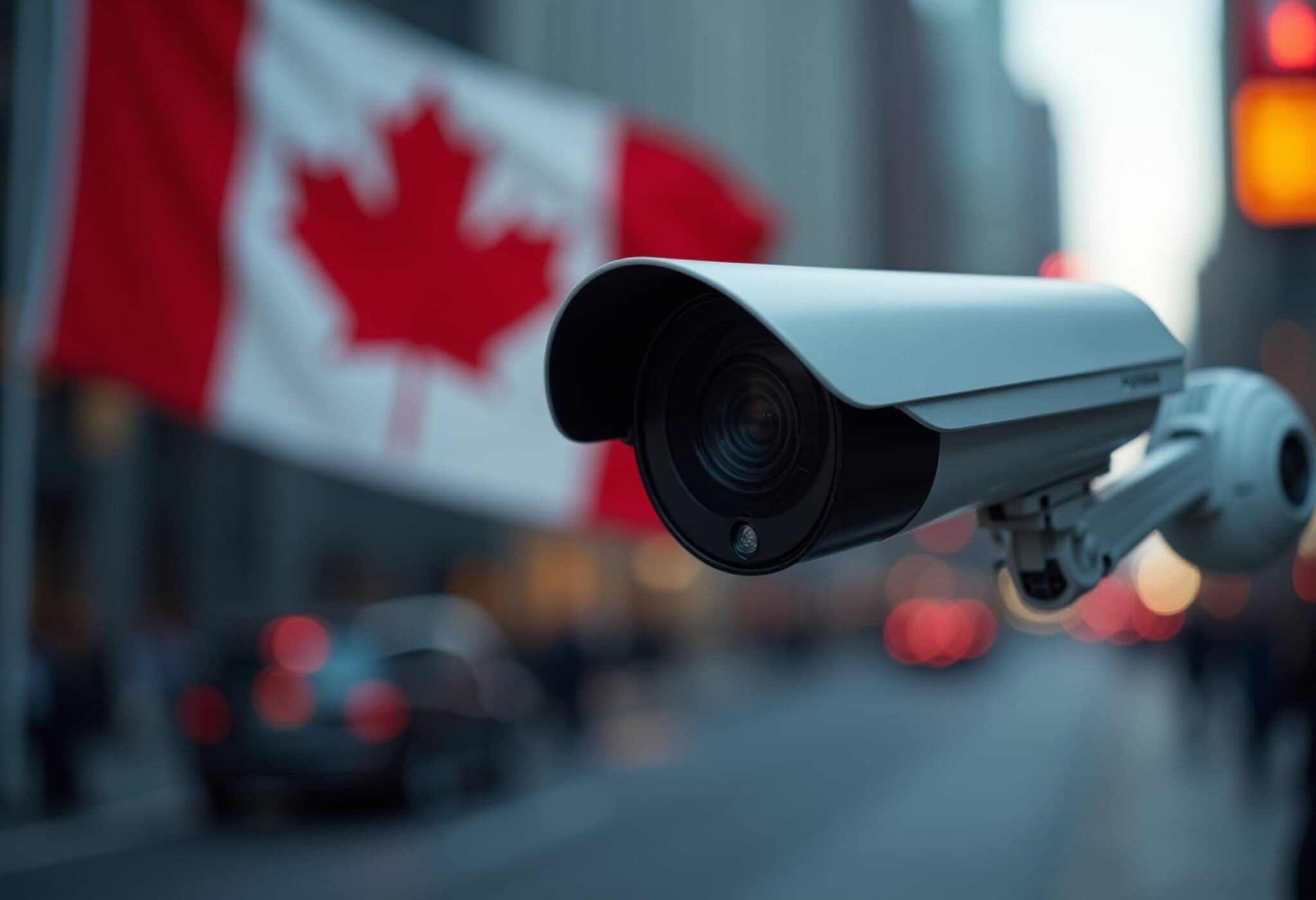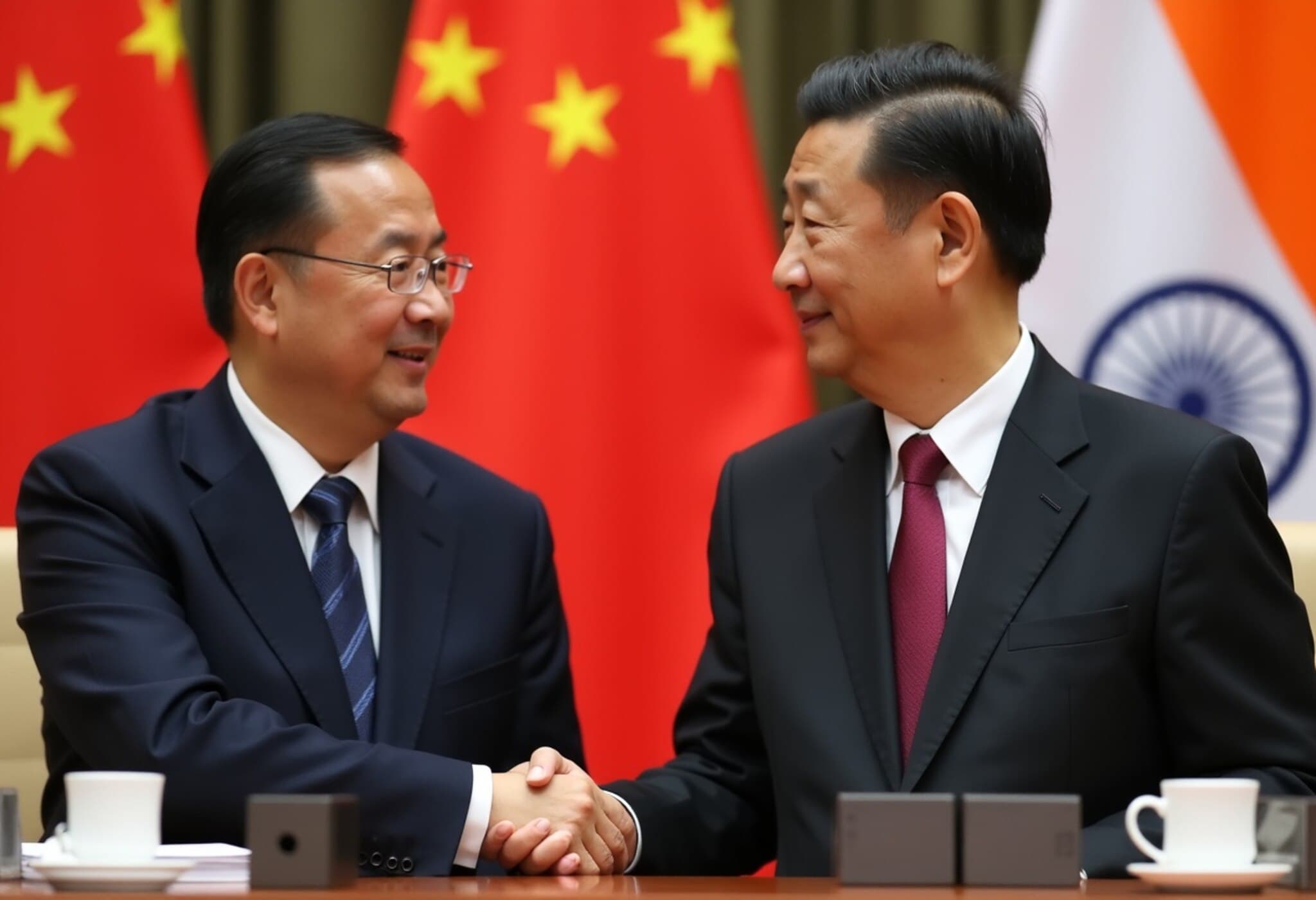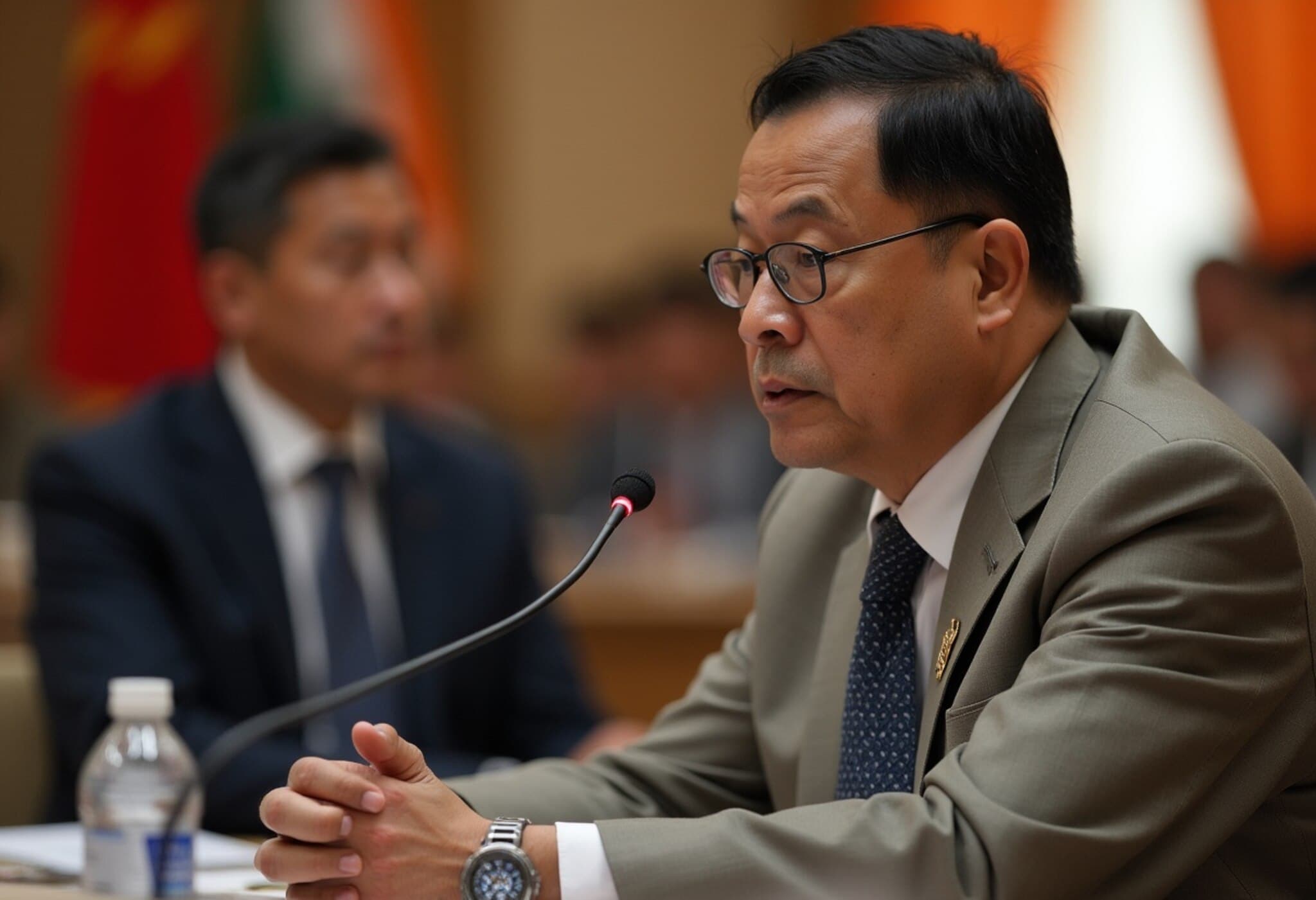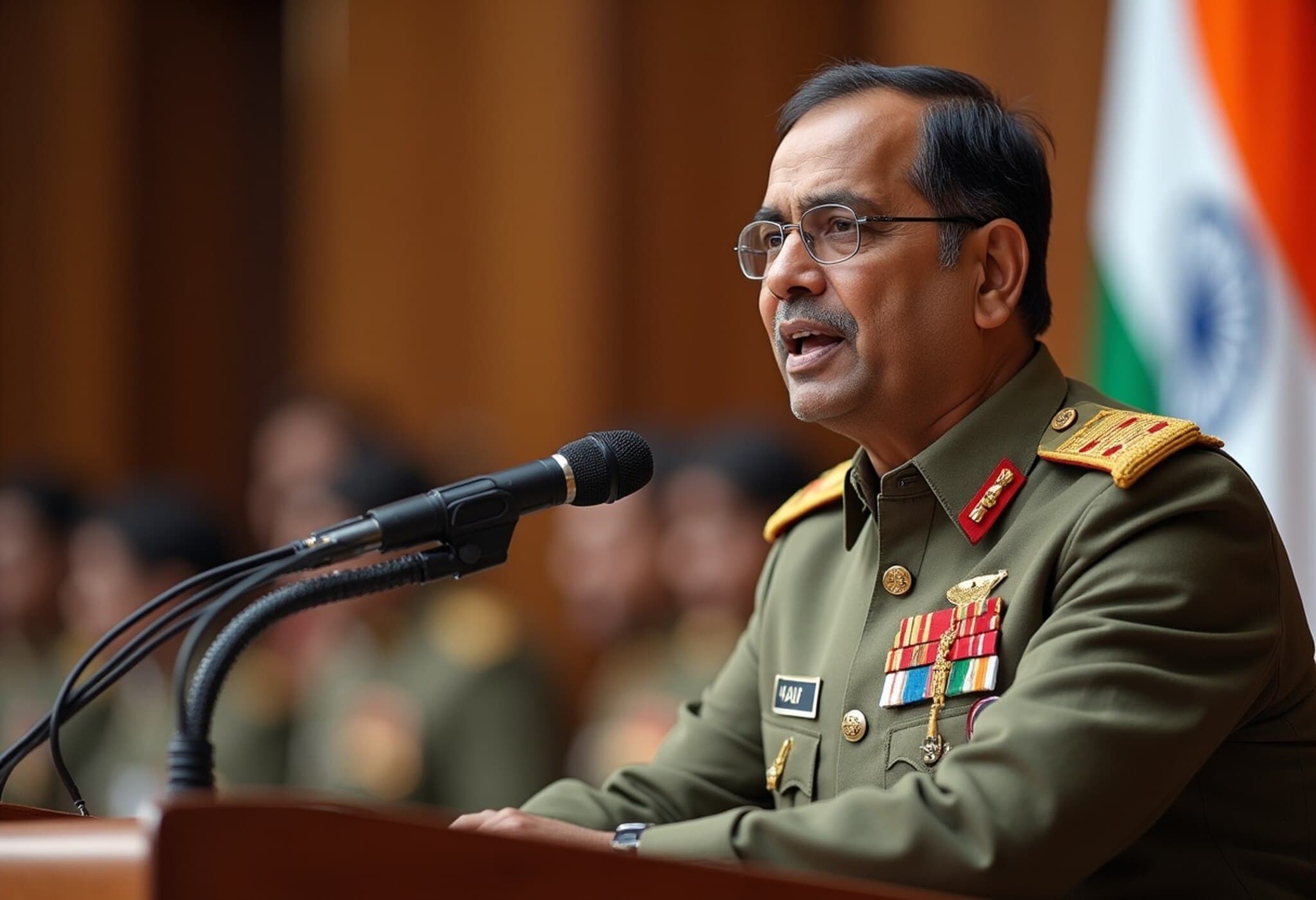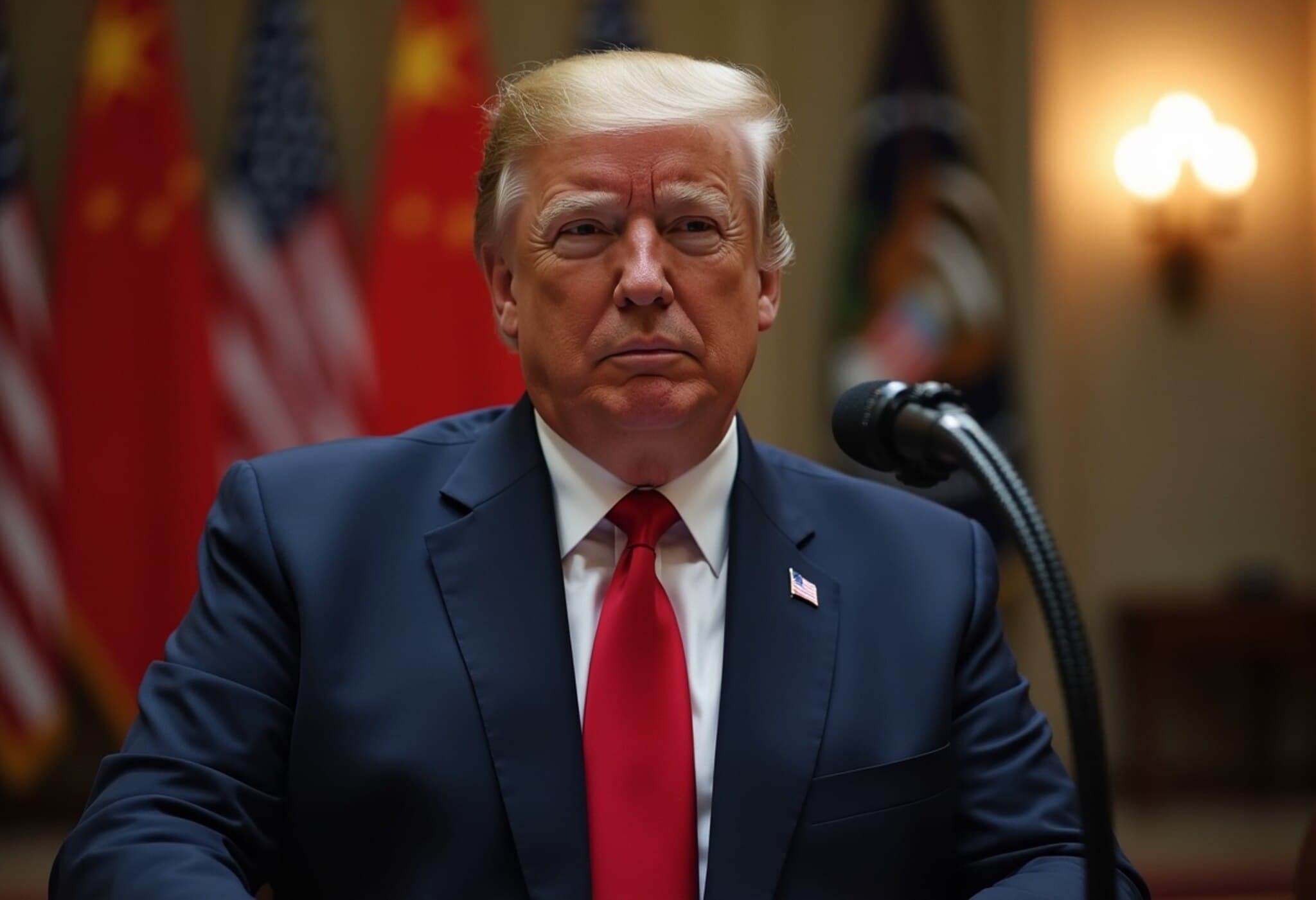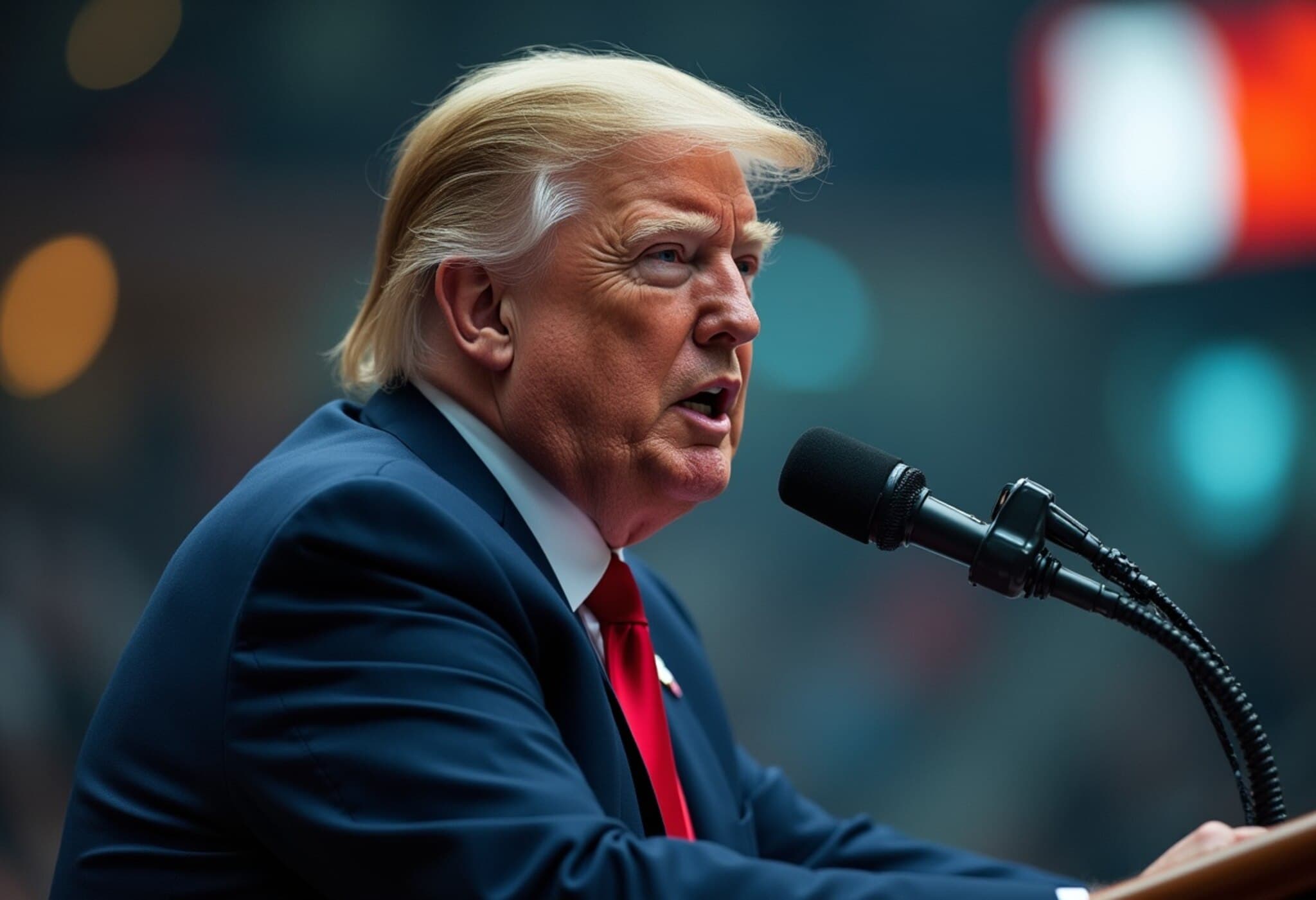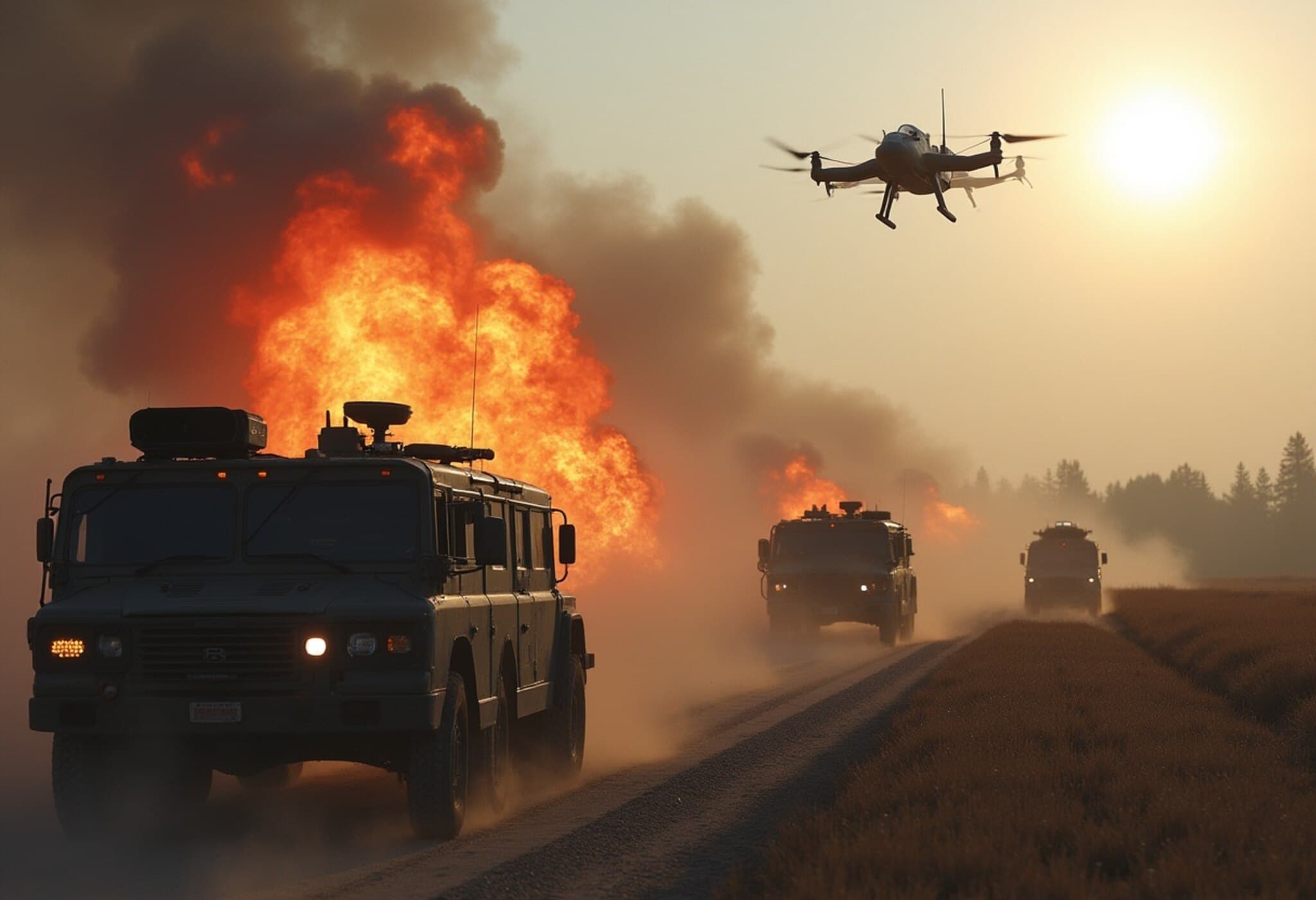Canada Orders Chinese Surveillance Giant Hikvision to Cease Local Operations
The Canadian government has officially directed Chinese surveillance technology company Hikvision to terminate all operations within the country, citing significant national security risks. This move, announced by Industry Minister Melanie Joly, follows an extensive review under the Investment Canada Act involving Canada's security and intelligence agencies.
Background and Security Concerns
Hikvision, formally known as Hangzhou Hikvision Digital Technology Co., has been under global scrutiny due to its involvement in the surveillance industry and its connections to sensitive regions. Notably, the company has faced longstanding sanctions and restrictions by the United States over allegations related to its equipment’s use in China's Xinjiang region, where documented human rights concerns have sparked international alarm.
Minister Joly stated, "The government has determined that Hikvision Canada Inc’s continued operations in Canada would be injurious to Canada’s national security." Although the announcement did not explicitly mention China or Xinjiang, it reflected deep concerns following a multi-layered investigation.
Hikvision's Response and Geopolitical Context
In response, a spokesperson for Hikvision expressed strong disagreement, emphasizing that the decision appeared influenced more by geopolitical tensions than concrete cybersecurity evaluations. They called for a fair and transparent approach, urging the Canadian government to ground actions in factual evidence devoid of prejudice against Chinese companies.
"Instead of evaluating our technology on its cybersecurity merits, the decision seems fueled by the origin of our parent company," the spokesperson stated. Hikvision also highlighted that last year it exited contracts in Xinjiang after several subsidiaries were blacklisted by the U.S. government in 2023.
Government Measures to Limit Hikvision Products
Alongside ordering the company’s closure, Canada is instituting a ban on purchasing Hikvision products within government departments and agencies. Furthermore, Canadian authorities are reviewing existing facilities to phase out any legacy Hikvision equipment to mitigate security risks.
Minister Joly also clarified that the order is limited to Hikvision’s Canadian operations and does not affect its affiliates abroad, although Canadians have been strongly advised to take the government's decision into account in their dealings.
International Reactions and Broader Implications
The Chinese government has repeatedly denied allegations of human rights violations in Xinjiang and has criticized companies severing ties with businesses in that region. Canada’s move aligns with a growing global consensus to scrutinize and restrict surveillance firms linked to controversial surveillance practices.
This development marks a significant escalation in Canada’s efforts to protect national interests amid rising global geopolitical tensions, particularly surrounding technology companies with ties to countries facing human rights criticisms.
Key Takeaways
- Canada orders Hikvision to shut down operations domestically due to national security risks.
- Hikvision disputes the decision, citing lack of transparency and potential geopolitical bias.
- Government bans procurement of Hikvision equipment in official departments and assesses existing usage.
- Decision follows a detailed review influenced by security and intelligence information.
- Hikvision exited Xinjiang contracts in 2024 amid international sanctions.
As this story develops, it underscores the mounting challenges faced by international surveillance firms operating amid complex geopolitical landscapes and national security concerns.

